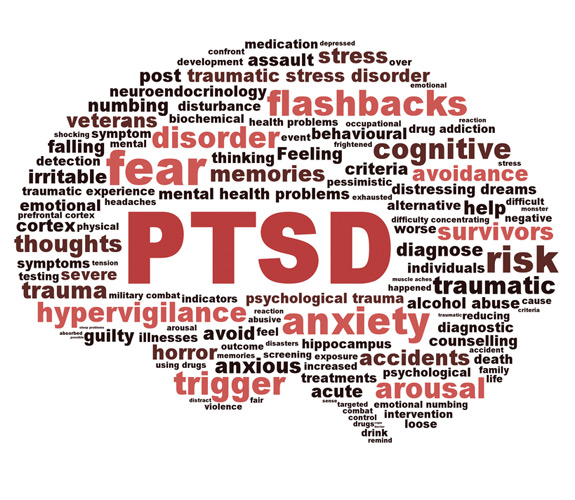
Post Traumatic Stress Disorder (PTSD)
PTSD is a mental disorder that comes about as a result of a significant, stressful life event that includes the threat of death or serious physical injury to oneself or another. Individuals with PTSD feel a lack of control in their own life, and are prone to anxiety attacks, thoughts or dreams of the event, and avoidance of certain activities that make a normal day-to-day existence difficult. PTSD treatment programs help the individual better understand the root causes for their anxiety, and engage in behaviors that help them overcome the problems associated with this insidious disorder.
What events can trigger Post Traumatic Stress Disorder?
PTSD can be caused by any number of stressful life events, including:
- Combat experiences during wartime
- Terrorist attacks
- Sexual abuse
- Physical abuse
- Rape
- Serious car accidents
- Plane crashes
- Tornadoes, hurricanes or other natural disasters
- Childhood trauma
- Health crisis


What are the symptoms of PTSD?
These are the primary symptoms associated with PTSD
1. Avoidance. Those with PTSD will work hard to avoid situations that remind them of the traumatic event or could cause (in their mind) a similar result. For example, an individual who survived a plane crash will not board a plane.
2. Numbness of feelings. Many people are unable to talk about their PTSD, or never share information about the incident that brought the condition about. Isolation from peer groups and lack of social interactions may occur.
3. Hyperarousal. Those with hyperarousal related to PTSD are always on alert, in an irrational attempt to make sure the event does not occur again. These individuals experience sleepless nights, paranoia and other anxiety related symptoms.
National Center for PTSD
www.ncptsd.va.gov
The US Department of Veteran’s affairs
www.ptsd.va.gov